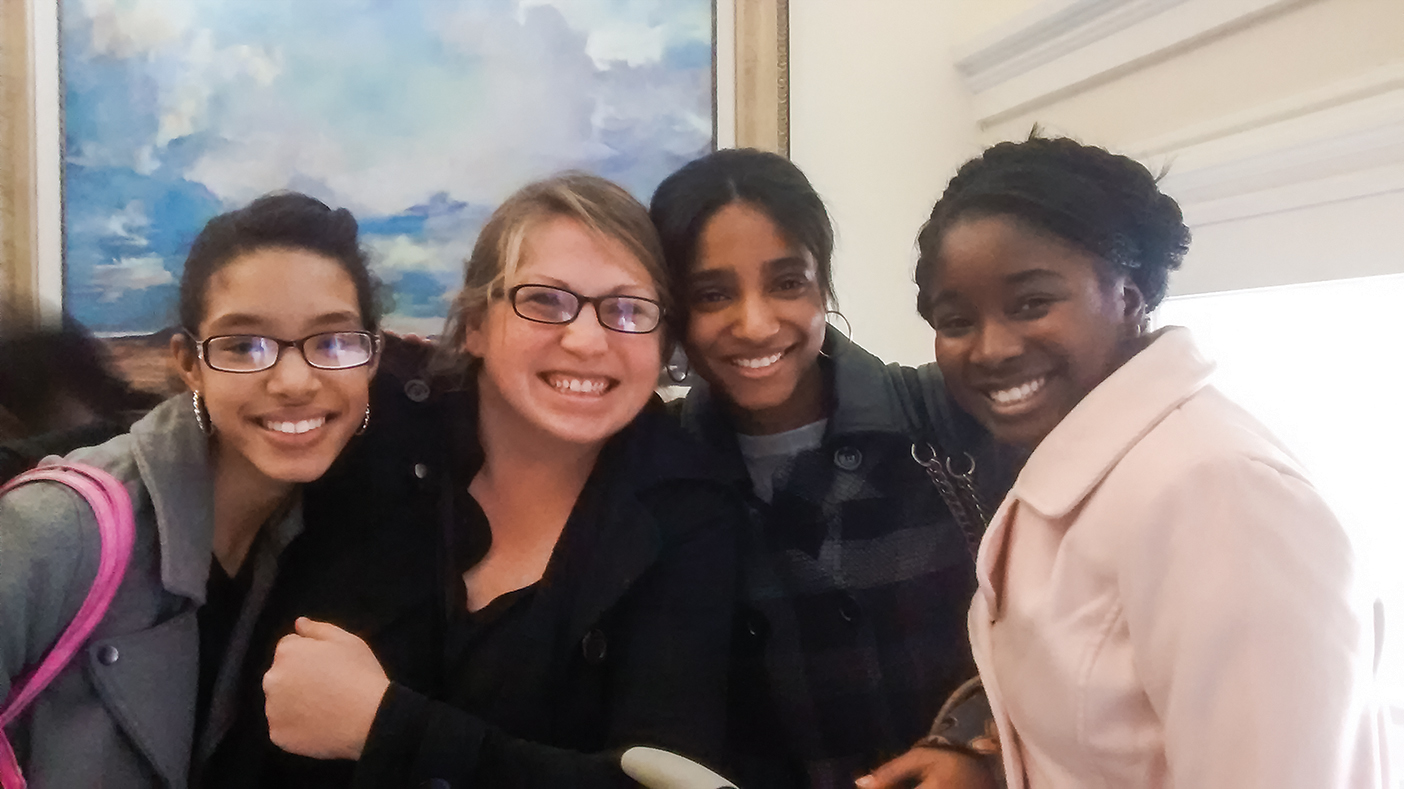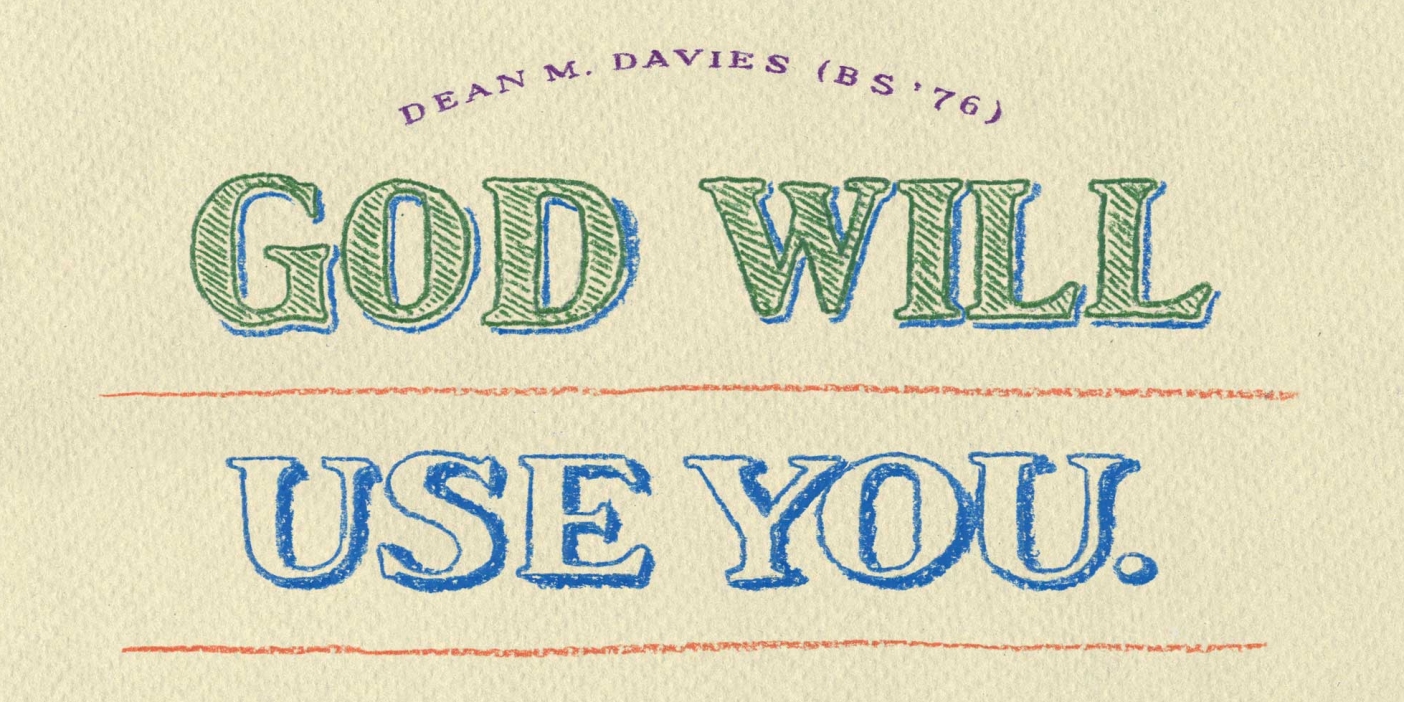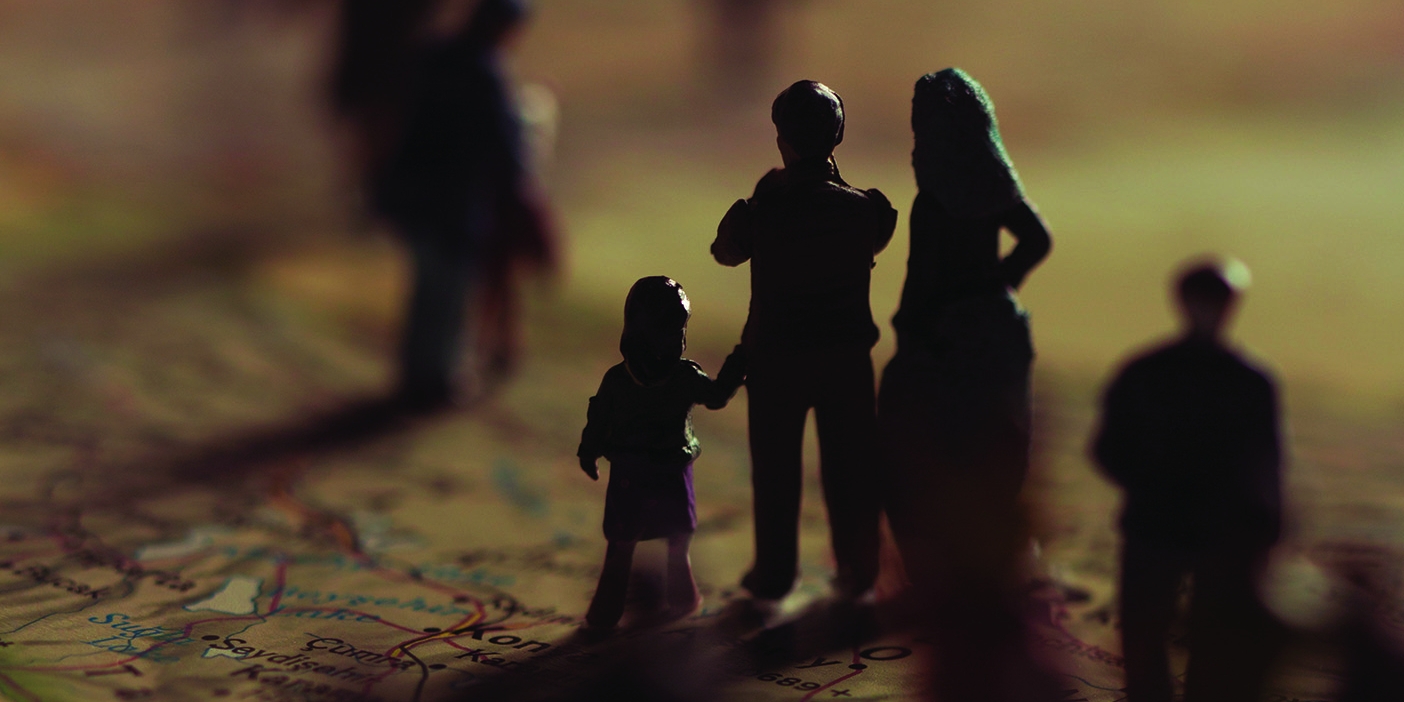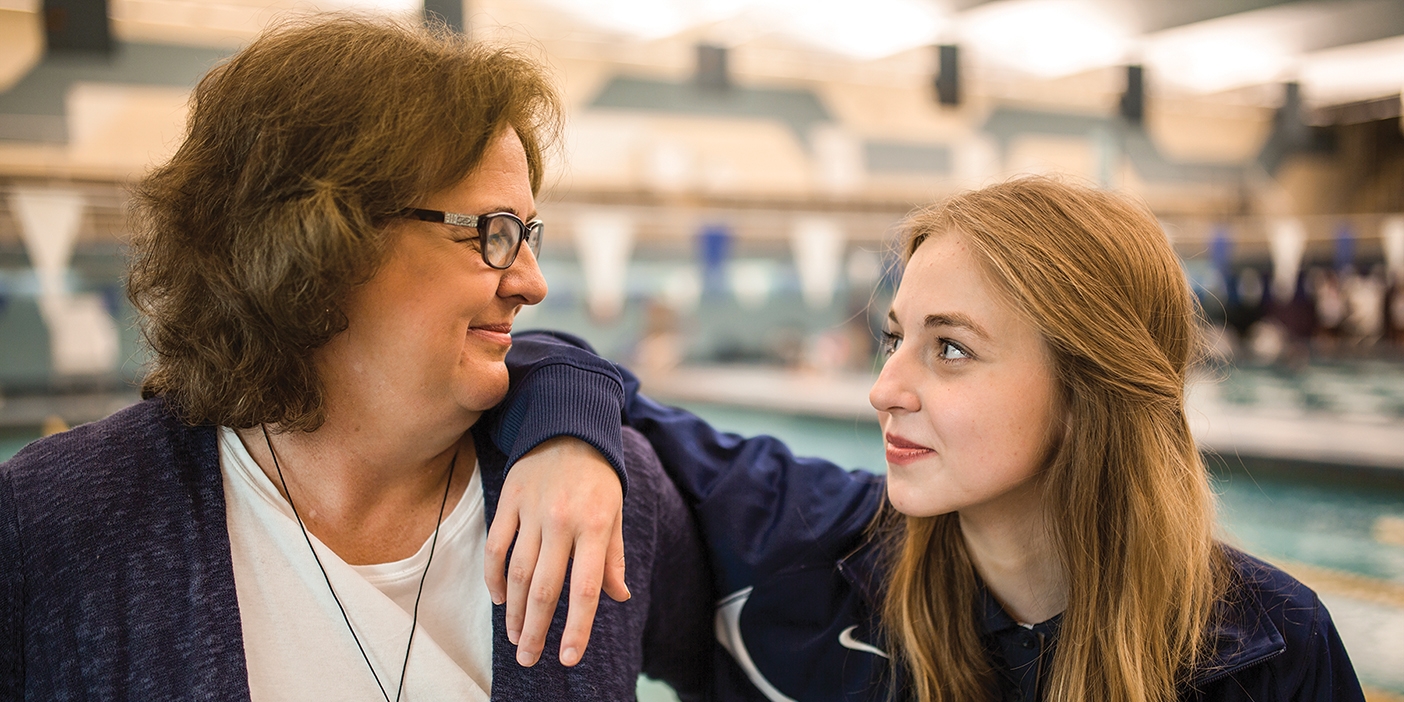How alumni use their BYU education to serve their communities, neighbors, and families.

Withholding Judgment
Patricia Coto Stinson (BA ’11), Pleasant Grove, UT
While studying family history at BYU, I took a history class from Professor Shawn W. Miller (BA ’90). He taught us about not judging history by our contemporary values and views and emphasized the need to place people and events in their historical context.
This principle has had an important impact on my genealogy research. It has helped me avoid mistakes due to my contemporary assumptions. I’ve learned to focus on gathering the facts and on understanding. This is not always easy, particularly when it’s personal.
Recently, I received Gestapo files for a German grandfather whom I never knew. I’d heard family stories that he might be of Jewish ancestry and that he was accused of being a spy. And I knew that he’d been in a concentration camp during the Nazi regime in Germany. What I read in the Gestapo report brought further complications. He was said to have been a communist and to have committed many crimes during his younger years.
With this uncertainty about his character, part of me wanted to close the book on him. Was he a criminal? A hero for resisting Nazism? It wasn’t clear. However, the historian that was developed in me at BYU is pushing me to uncover more about my grandfather and his historical context before making a judgment. As I ask questions and research the answers, I realize how little I really know about him, his home life, or Germany before and during World War II. So my learning goes on.
Though my research may never fully explain his life, perhaps I will come to understand the factors that influenced his decisions and see beyond the actions to the person.
I am grateful that at BYU I learned to withhold judgment, which is often a prerequisite to mercy, forgiveness, and understanding.
Not For Naught
Elizabeth Vernon Taylor (BA ’09), San Diego
I graduated with a degree in English teaching one month before our first son was born. In the midst of diapers, onesies, and everything baby, I wondered why I had spent so long learning how to teach teenagers. But just weeks after our son was born, I was called as the young women president in our ward in Connecticut. I thought I would feel intimidated, but what I really felt was excitement. When I walked into that classroom of young girls, I felt at home. I put to use many things I had learned in my education classes—teaching in the context of their lives, knowing them personally so I could better manage behavior, and helping them actively learn.
After two and a half years I was released and then called to teach early-morning seminary. There I was again with a handful of teenagers.
After two years, when my family moved away from that ward, I felt like I was leaving behind my own kids—some of whom are at BYU right now. The way my BYU teachers cared about me, structured their classes, and taught me with the Spirit has blessed me to be able to teach and help these young students in ways that I couldn’t otherwise have done.












